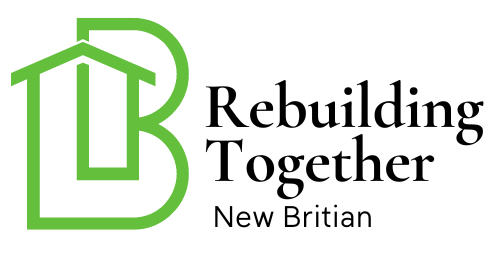In today’s world, ensuring the safety of senior citizens in their homes is a top priority. This necessity has led many homeowners to seek the expertise of a senior safety contractor. Knowing how to vet a senior safety contractor is a vital skill for anyone looking to enhance the security and accessibility of their living space for elderly persons. Understanding what to look for in a professional can save time, money, and most importantly, ensure the well-being of loved ones.

Why Vetting Matters
Choosing the right senior safety contractor can mean the difference between a safe, accessible environment and one fraught with hazards. Thorough vetting can identify experts who know the latest in senior safety innovations and who can apply them effectively in homes. With the right professional, you’re not only investing in property but in peace of mind.
Conduct a Background Check
A comprehensive background check is essential when vetting a potential contractor. This step will help verify credentials and ensure that they have a history of satisfactory service. You can also request references and ask about past projects similar to yours.
Confirm Licensing and Insurance
It’s crucial to ensure that the contractor possesses the necessary licensing and insurance credentials. Licensed professionals are required to adhere to strict guidelines, which adds an additional layer of security to your project.
Review Past Projects
Examining a contractors past projects gives you insight into their level of experience and expertise in dealing with senior safety modifications. This step helps gauge whether the contractor can meet your specific needs.
Evaluate Communication Skills
Strong communication skills are a critical aspect of a fruitful contractor-client relationship. Ensure the senior safety contractor is responsive, listens to your concerns, and provides detailed feedback.
Identify Specialized Knowledge
Not all contractors possess the specialized knowledge necessary for senior safety projects. Confirm that your potential hire understands universal design principles and the specific needs of seniors.
Seek Recommendations and Reviews
Don’t hesitate to ask for recommendations from friends or family who have worked with a contractor before. Online reviews can also provide useful insights into a contractors reputation and reliability.
Utilize Online Resources
Online platforms and directories dedicated to home services can be excellent resources for finding and vetting contractors. Websites such as Thumbtack and Angie’s List provide reviews and ratings that can assist in your decision-making process.
Negotiate Clear Contracts
Once youve chosen a contractor, ensure all agreements are clearly outlined in a contract. This document should cover payment schedules, timelines, and the scope of work to protect both parties involved.
Establish Milestones
Setting milestones within the contract helps track progress and ensures the project is on schedule. It provides a structured approach to evaluate the quality of work being performed.
Integrate Senior Safety Features
Incorporating safety features for seniors, such as video doorbells, is crucial for enhancing home safety. These features should be tailored to assist the specific needs of seniors, ensuring an accessible and secure environment.
Utilize Motion Sensor Lights
Installing motion sensor lights is a smart safety addition, as they can prevent falls and offer better visibility during nighttime.
Consider Living Room Upgrades
Make your living room a safe haven by exploring accessibility upgrades. Consult with your contractor about integrating rails, non-slip flooring, and wider doorways.

Frequently Asked Questions
How do I ensure a contractor’s credibility?
A: Check for licensing and insurance, request references, and read online reviews to verify the contractors professionalism and reliability.
What should a contract include?
A: A comprehensive contract should contain detailed timelines, costs, work scope, and payment terms to protect both the homeowner and contractor.
Why are senior-specific modifications important?
A: Modifications enhance the safety, accessibility, and comfort of seniors, ensuring they can live independently with peace of mind.
By thoroughly understanding how to vet a senior safety contractor, you are not only improving your homes safety but also supporting the independence and security of senior residents.
This article contains affiliate links. We may earn a commission at no extra cost to you.

